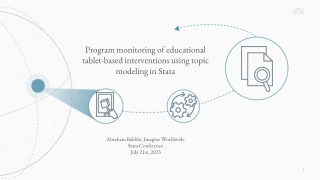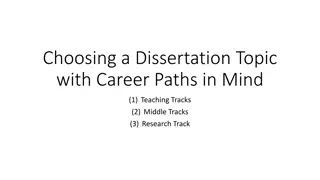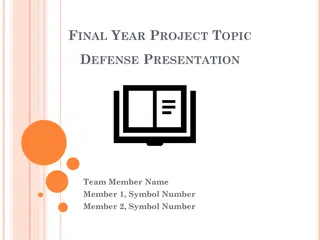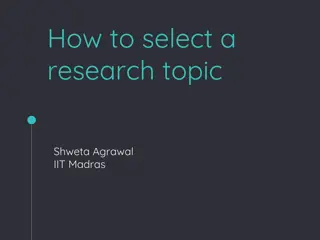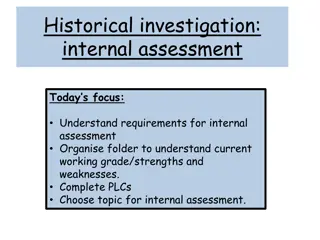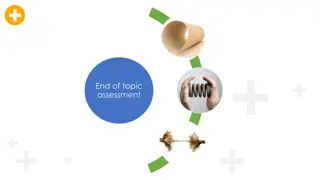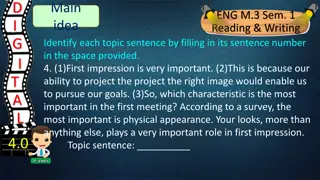
Effective Tips for Selecting a Research Topic
Discover valuable insights on choosing a research topic wisely, considering factors like importance, real-world impact, and staying relevant in your field to ensure a successful academic journey.
Download Presentation

Please find below an Image/Link to download the presentation.
The content on the website is provided AS IS for your information and personal use only. It may not be sold, licensed, or shared on other websites without obtaining consent from the author. If you encounter any issues during the download, it is possible that the publisher has removed the file from their server.
You are allowed to download the files provided on this website for personal or commercial use, subject to the condition that they are used lawfully. All files are the property of their respective owners.
The content on the website is provided AS IS for your information and personal use only. It may not be sold, licensed, or shared on other websites without obtaining consent from the author.
E N D
Presentation Transcript
How to select a research topic Mythili Vutukuru IIT Bombay
Interesting vs. important A PhD topic should ideally be both Interesting, intellectually challenging, and Important, impactful, making the world better! Hard to achieve both, so which one to choose? No publications if not enough intellectual depth A reasonable compromise: at least the problem should be important (the solution may be futuristic) Make sure you are solving a REAL problem
Real problems For a good thesis in a systems area, make sure your problem is real Observable (by you or others) now or in near future It is a big enough problem worth fixing No obvious solutions exist But not being solved by industry right away But something they would like to solve in 5-10 years Academia feeds ideas to industry
How to find relevant areas Look for problems in new, upcoming, hot areas Papers in top-tier conferences Papers published by top research groups How to judge if you are in the right area? Can you get published in top-tier venues? Can you get funded from top industry grants? Avoid getting lost in your niche area that no one cares about
Reading papers vs. thinking You don t get ideas just by reading top papers. If problem is obvious from paper, the authors would have solved it first! Read papers to get an idea of the field, tools, techniques But the core idea must come from you
How to get good ideas? Start small, experiment, get hands dirty, explore Your own experience of problems Generate lots of ideas, brainstorm Track latest developments, tech news Take risks, be ok to fail If no chance of failure, then idea is too trivial
Breadth vs. depth Breadth is often neglected at expense of depth Breadth needed to find a good research problem Make connections across areas, think out of the box Breadth also ensures you can evolve and adapt with changes in the field Once you zero in on a good problem, focus on depth Depth in a few topics, but always retain breadth Jack of all trades, master of a few!
Practical constraints Align your work with your skills and interests Also with your advisor s skills and career goals Did you do well in courses in that area? Pick problems that can be satisfactorily solved and evaluated within constraints of academia Are datasets easily available? Is equipment to test your idea available? Is funding available?

